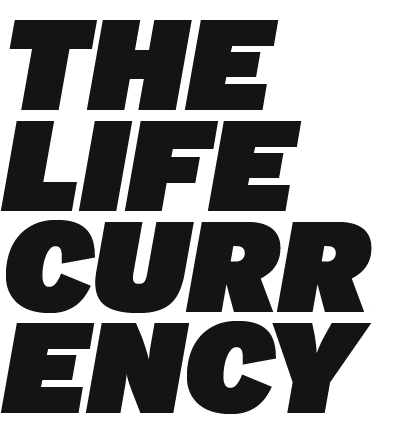5 Mistakes That Can Ruin Your Credit Score
A credit score is a three-digit number, typically between 300 to 850, and is designed to represent your credit risk, meaning it explains your likelihood to pay your bills on time. It is calculated based on a method using the content of your consumer file.
If you are amongst the limited number of Americans with excellent credit, then you should of course celebrate it, but keep in mind that all it takes is a single mistake to turn that great score into a mediocre one. If you are looking to preserve your credit score, beware of these five mistakes.
1. Missing payments
One of the worst mistakes is missing a payment, or not paying at all. What many do not realize is that missing a single payment could mean trouble for your credit score. If you accidentally neglect to make a payment but you have a solid history, you can contact your lender and request to have your mistake wiped. However, do not make this a habit because it will affect your score drastically.
2. Having too many credit cards
Now that you are ready to build your credit score, it is easy to become overwhelmed and open too many credit cards and accounts at once. When you apply for credit cards you will be subject to a credit inquiry. Having too many credit inquires can hurt your credit score as well as your relationship with lenders. This is because lenders will think that you are borrowing more than you can afford. It is best to open accounts slowly over time so you will not endanger your credit score.
3. Exceeding your limit
Now that you have all these available lines of credit, it is important to not use what is available all at once. One thing lenders will look at when determining your creditworthiness is your credit utilization ratio. This represents the percentage of available credit you are using at any given time. If it climbs above 30%, it can raise cause problems even if you ultimately manage to make your payments on time.
4. Closing credit card accounts
Many people think that the easiest and quickest way to recover from having a poor credit score is to close their credit card accounts. When you close a credit card account, you reduce the amount of credit you have available. If you have an older account with good standing, it can positively affect your credit history. If the older account has a greater generous credit limit, it can help your credit utilization ratio to a minimum. If the reason is not pressing, then it will do more harm to close the account than to keep it.
5. Ignoring your credit report
Despite how difficult it may be to keep up with your credit report, it is very important to not ignore or miss errors. By checking your credit score frequently, you can be aware of inaccuracies. There are plenty of sites that give free annual credit reports, and if you do find errors on your report, contact your credit bureau.




In today’s world of hustlin’ and bustlin’ entrepreneurs, managing money and maintaining integrity about how money is being delegated is a must.